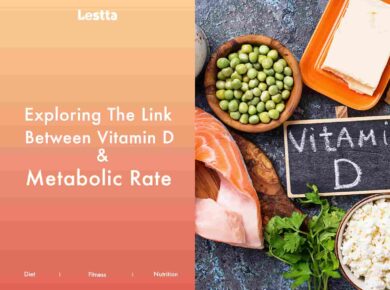
The anti-inflammatory diet has gained significant attention for its potential health benefits. In this article, we will explore the ins and outs of this popular dietary approach. By understanding the principles and potential advantages of this diet, you can make informed decisions about incorporating it into your lifestyle.
Understanding the Anti-Inflammatory Diet
The anti-inflammatory diet focuses on consuming foods that help reduce inflammation in the body. By following this eating plan, individuals aim to mitigate chronic inflammation. This is associated with various health conditions such as heart disease, arthritis, and obesity .
Let’s delve into the key components and potential benefits of the anti-inflammatory diet.
Key Components:
- Emphasize Whole Foods: This type of diet encourages the consumption of whole, unprocessed foods such as fruits, vegetables, whole grains, lean proteins, and healthy fats. These nutrient-dense foods provide essential vitamins, minerals, and antioxidants that support overall health and fight inflammation.
- Include Omega-3 Fatty Acids: Foods rich in omega-3 fatty acids, such as fatty fish (salmon, sardines), walnuts, and flaxseeds, play a crucial role in reducing inflammation. Omega-3s have been shown to have anti-inflammatory properties and contribute to improved heart health.
- Limit Inflammatory Foods: The anti-inflammatory diet suggests minimizing or avoiding foods that promote inflammation, such as highly processed snacks, sugary beverages, refined carbohydrates, and saturated fats. These substances can trigger inflammation in the body and negatively impact health.
Potential Benefits of the Anti-Inflammatory Diet
- Reduced Chronic Inflammation: By adopting an anti-inflammatory diet, individuals may experience a reduction in chronic inflammation markers, leading to improved overall health and a lower risk of chronic diseases.
- Enhanced Heart Health: The emphasis on whole foods, omega-3 fatty acids, and limiting inflammatory foods and contributes to heart health. It may help lower cholesterol levels, decrease blood pressure, and reduce the risk of heart disease.
- Weight Management: It promotes the consumption of nutrient-rich, low-calorie foods, which can aid in weight management. Maintaining a healthy weight is important as obesity is linked to increased inflammation and various health issues.
Conclusion
The anti-inflammatory diet offers a holistic approach to improve overall health by reducing chronic inflammation in the body. Consider consulting with a healthcare professional or registered dietitian to personalize this dietary approach to your specific needs and health goals.









